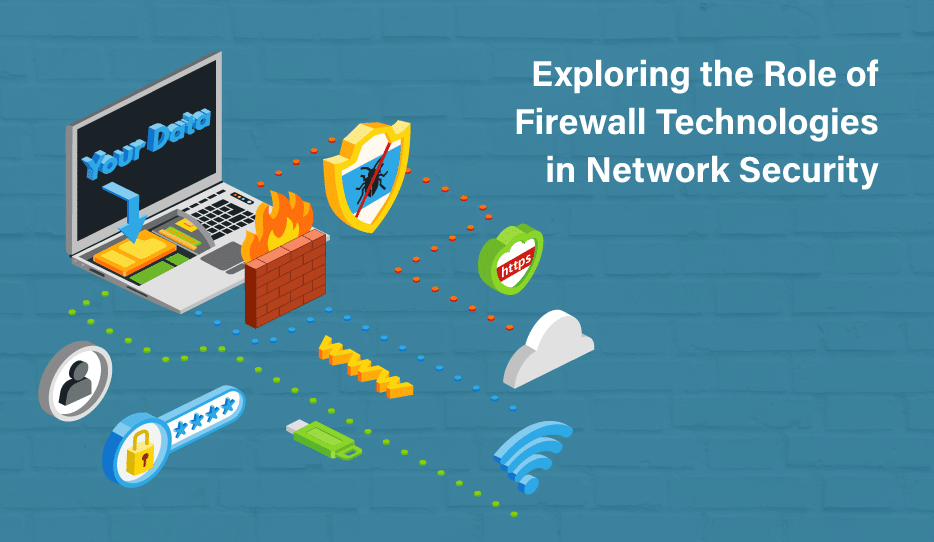
Understanding the need for firewall technologies
In today’s interconnected world, network security plays a vital role in safeguarding sensitive information and ensuring the integrity of data. Among the various technologies used to protect networks, firewalls stand as a crucial defense mechanism. Acting as a barrier between internal and external networks, firewalls play a significant role in preventing unauthorized access and defending against malicious threats. This blog post aims to explore the role of firewall technologies in network security, highlighting their importance, functionalities, and the different types of firewalls commonly employed.
Basics of firewalls
A firewall is a network security device designed to monitor and control incoming and outgoing traffic, based on predetermined rules and policies. By examining network packets and applying these rules, firewalls create a protective barrier that filters and manages the flow of bi-directional data. Firewalls act as the first line of defense against unauthorized access, malicious attacks, and potential security breaches.
Key functionalities of a firewall
Firewall technologies offer several key functionalities that contribute to network security:
Access Control: Firewalls enforce access control policies by examining packet headers, source and destination IP addresses, ports, and protocols. They allow or deny network traffic based on predefined rules, effectively blocking unauthorized access attempts.
Packet Filtering: Firewalls inspect individual network packets and compare them against a set of defined rules. Suspicious or potentially harmful packets can be dropped or redirected, preventing malicious activities from entering or leaving the network.
Network Address Translation (NAT): Firewalls often employ NAT to translate private IP addresses into public IP addresses, masking internal network details from external entities. This adds an additional layer of security by hiding the internal network structure.
Intrusion Prevention System (IPS): Some advanced firewalls integrate IPS capabilities, which actively detect and prevent known attacks. IPS functionality helps identify and block malicious activities in real-time, providing an additional layer of security beyond traditional firewall rule sets.
Types of Firewall technologies
There are several types of firewalls commonly used in network security.
Packet-filtering Firewalls: These firewalls operate at the network layer (Layer 3) of the OSI model and examine packet headers. They make decisions based on source and destination IP addresses, ports, and protocols.
Stateful Inspection Firewalls: These firewalls operate at the transport layer (Layer 4) of the OSI model and maintain a state table to track active connections. They examine the context of each packet, allowing or denying traffic based on the state of the connection.
Application-level Gateways (Proxy Firewalls): These firewalls operate at the application layer (Layer 7) of the OSI model. They act as intermediaries between internal and external networks, inspecting the content of packets and providing enhanced security by proxying requests.
Next-Generation Firewalls (NGFW): These firewalls combine traditional firewall functionalities with additional security features, such as deep packet inspection, intrusion detection and prevention, and application awareness. NGFWs provide advanced threat protection and granular control over network traffic.
In Conclusion
In the realm of network security, firewalls are indispensable tools that act as a frontline defense against cyber threats. By implementing appropriate firewall technologies, organizations can effectively protect their networks from unauthorized access, malicious attacks, and data breaches.
Understanding the various functionalities and types of firewalls allows businesses to choose the right solution that aligns with their specific security requirements. In an ever-evolving threat landscape, firewalls continue to play a crucial role in ensuring the confidentiality, integrity, and availability of network resources, providing a secure environment for businesses to thrive.
Discover how Logix Web Application Firewall empowers businesses with advanced security features and robust protection against emerging cyber threats.